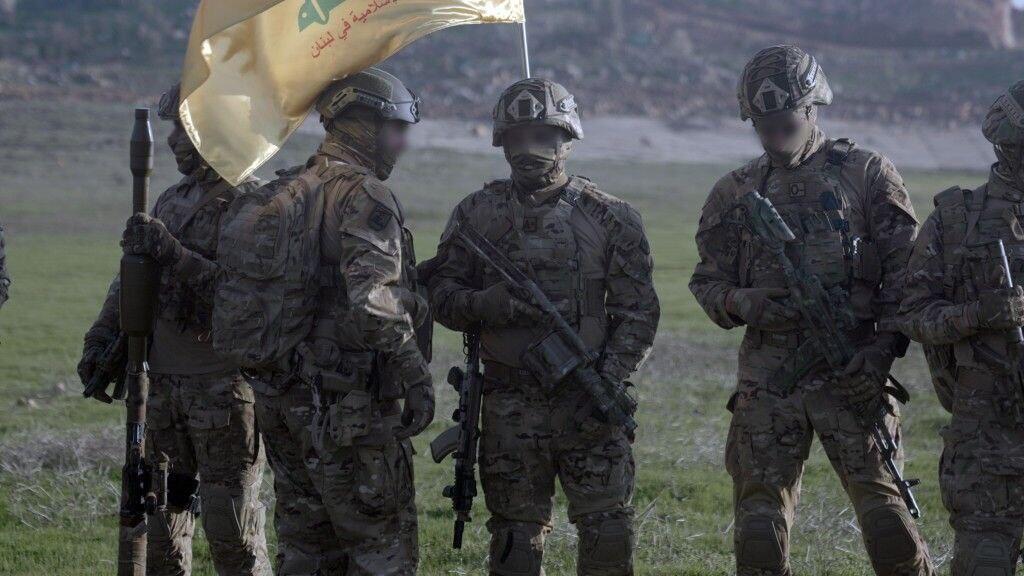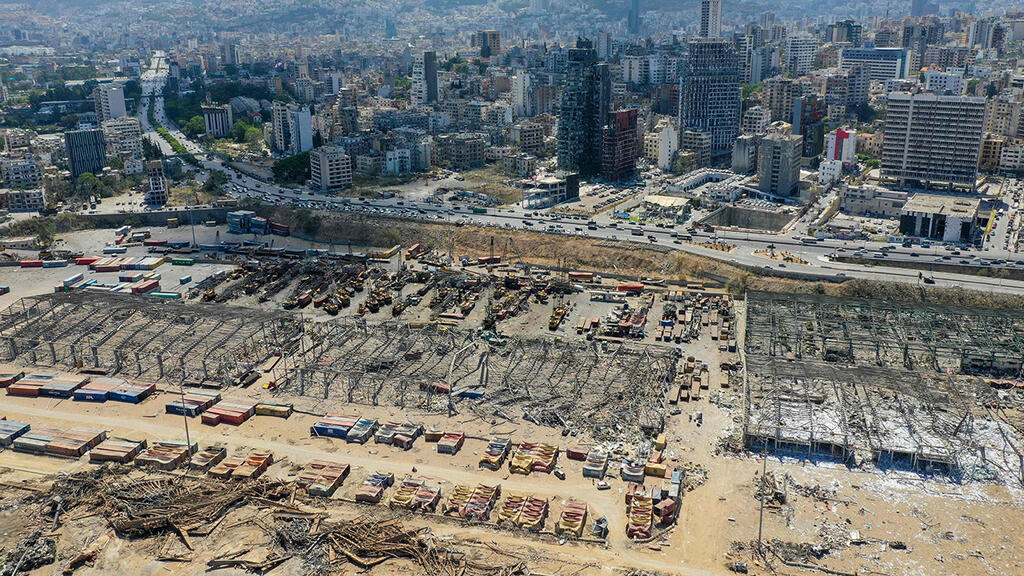Getting your Trinity Audio player ready...
Even Khalaf Al-Bachtour, a wealthy businessman who amassed his fortune through ventures in Lebanon, decided to give up. He owns numerous hotels and office buildings under construction. Primarily a buyer, as there's no one to sell to, Al-Bachtour now faces Lebanon's severe economic crisis and declares, "There’s no more room for investments—there won't be any profits. I can no longer support this good country."
At 63, Al-Bachtour, who has resided in Lebanon for over 20 years, has reached his limit. "My patience is wearing thin. Although I have good connections in this wonderful country, I must protect my funds, and they are being depleted in Lebanon," he says.
Salman, a businessman who wishes to remain anonymous fearing Hezbollah's reaction if his communication with an Israeli were discovered, highlights a worsening trend impacting Lebanon’s economy and employment. In the past two years, Lebanon's 5.4 million residents have been joined by over two million Syrian refugees. Only 800,000 are registered with international aid agencies; the rest have entered illegally through border breaches.
Thirteen thousand more are waiting to enter Lebanon and start anew in camps along the border . Anisa, a mother of four working as a laundress in Tripoli, Lebanon’s second-largest and poorest city, shares her story under a pseudonym.
Lebanon's economic situation has deteriorated since 2019, with inflation soaring and the local currency losing over 90% of its value. The ongoing Israeli conflict has further strained the fragile economy, impacting tourism and foreign investments, which were crucial for any potential recovery. The conflict has led to significant displacement and destruction, particularly in southern Lebanon, affecting agriculture and other local industries.
Since the massive explosion at the Beirut port in 2020, Lebanon's economic situation has been deteriorating rapidly. Even regular army soldiers are now struggling for significant salary increases to support their families. Recently, a three-day strike by military retirees and government workers ended, highlighting their grievances over a pension drop from $1,200 to just $150 in three years.
At the same time, Hezbollah's influence in Lebanon has grown stronger. The organization has bolstered its power through drug trafficking in South American countries, Iranian military and financial aid, and the worsening economic conditions. Thousands of young people are now seeking to join Hezbollah to provide for their families, as the group is known for offering relatively high salaries compared to the local market. Lebanese citizens claim that financial aid from the United States and European countries does not reach the people but is lost within government offices. With limited economic options, citizens are selling furniture, household items, clothing, and cooked food on the streets of major cities. "The sight of well-dressed women offering meat dishes with no buyers due to budget constraints is heartbreaking," says George, an engineer working part-time. "My family and I are very fortunate compared to many unemployed others."
Experts unanimously agree that this is the most severe economic crisis Lebanon has faced in 150 years. Dr. Anis Diab from the Economics Department at Beirut University states, "When the president is in a temporary role and a billionaire who doesn’t need the thankless job, and there are no real economic solutions in place, this is what happens. We must shake up those in power and implement reforms."
According to a group of economic experts in Beirut, Lebanon has incurred $1.3 billion in losses due to the conflict with Israel. At least 100,000 residents have fled southern villages, industry is paralyzed, and many are seeking employment. Statistics show that one in three Lebanese citizens lives below the poverty line, surviving on $2.15 a day. Hezbollah, with its separate budget, is now considered the largest non-state military organization in the world, claiming 100,000 fighters, 2,000 drones, and tens of thousands of missiles and mortars—much more powerful and better-armed than Lebanon's regular army.



